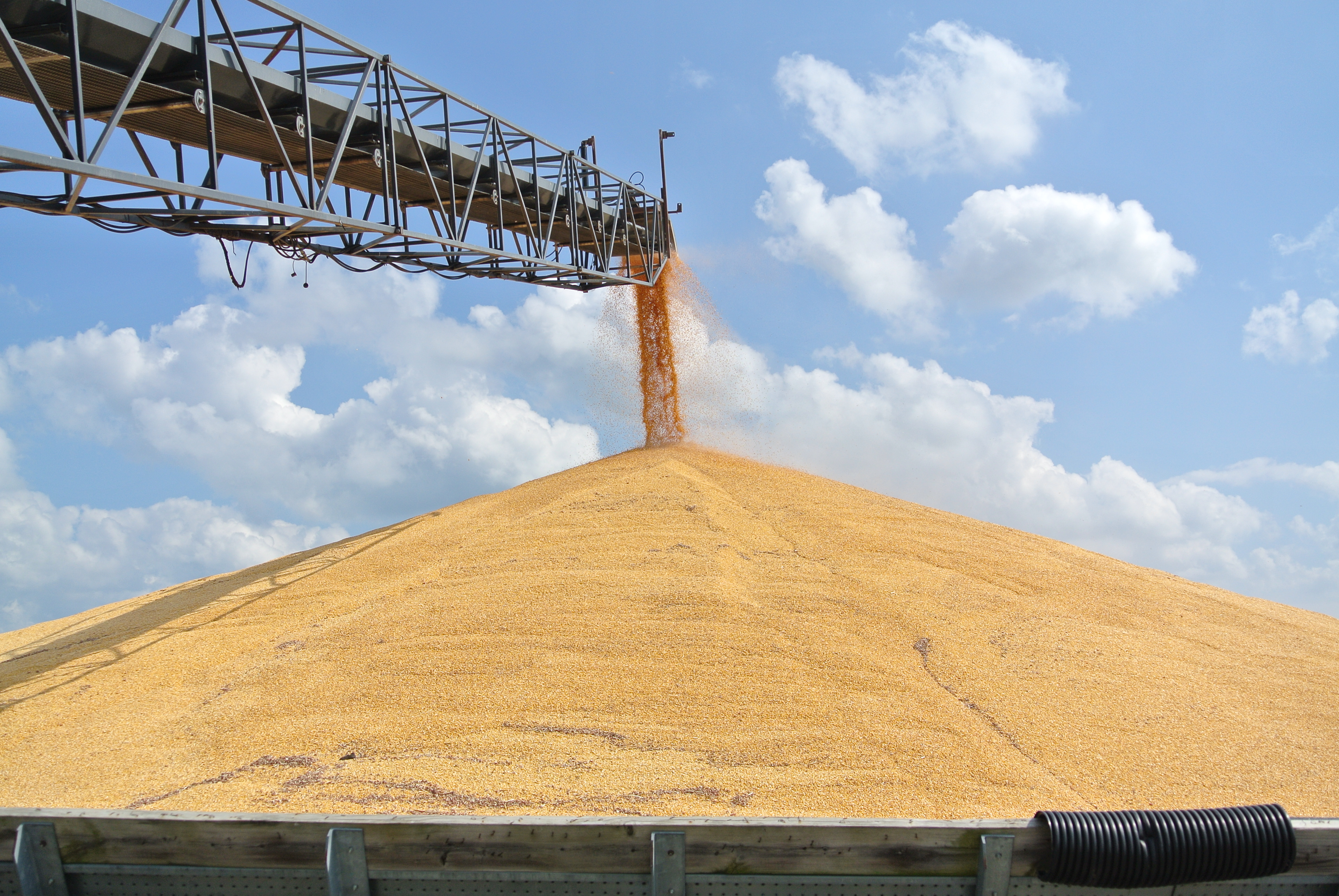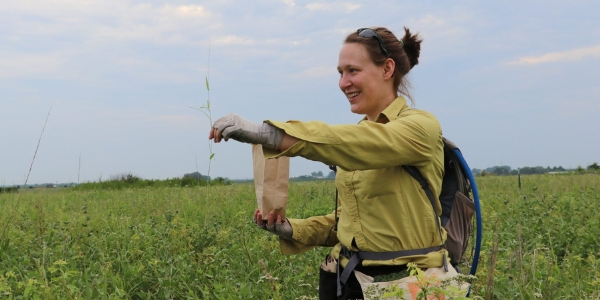Nature Food paper upends food trade and biodiversity assumptions
The findings in “International food trade benefits biodiversity and food security in low-income countries” fly in the face of conventional wisdoms: that high-income countries harm biodiversity in low-income countries by importing food from them, and yet low-income countries, particularly those with biodiversity hotspots, were increasingly becoming net importers themselves.
The work by EEB core faculty member Jianguo "Jack" Liu, director of the Center for Systems Integration and Sustainability (CSIS) and a former PhD student.

looked at the growing complexities of global food trade for a better understanding of the interactions and impacts of growing food to feed the world and protecting some of the most precious natural resources. Their paper is entitled
“Understanding the interrelationships between food security and biodiversity is essential to achieve the United Nations Sustainable Development Goals,” said Liu, MSU Rachel Carson Chair in Sustainability. “Our work seeks to understand how we can achieve global food security to feed a growing population without sacrificing biodiversity in the telecoupled world.”
Countries that are growing both in population and wealth demand more food, and often turn to importing foods. Countries that are increasing their food exports, which often means converting their lands to farms or pastures, can find it results in damage to the environment and biodiversity.
Some low-income countries that don’t have biodiversity hotspots such as Ukraine have rapidly increased exporting food to hotspot countries. Those exports might help further reduce negative impacts on biodiversity.
Liu and Min Gon Chung, who received his PhD at MSU and now is a postdoctoral researcher at University of California, Merced, examined comprehensive datasets comprising 189 food items across 157 countries during 2000–2018.
The pair offer suggestions, such has having food prices include costs to biodiversity, and those earnings be used to mitigate the damages to biodiversity. Underscoring all solutions involves countries working together to strike agreements benefiting both coffers and the environment.
Read the full story Science Daily



